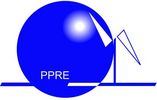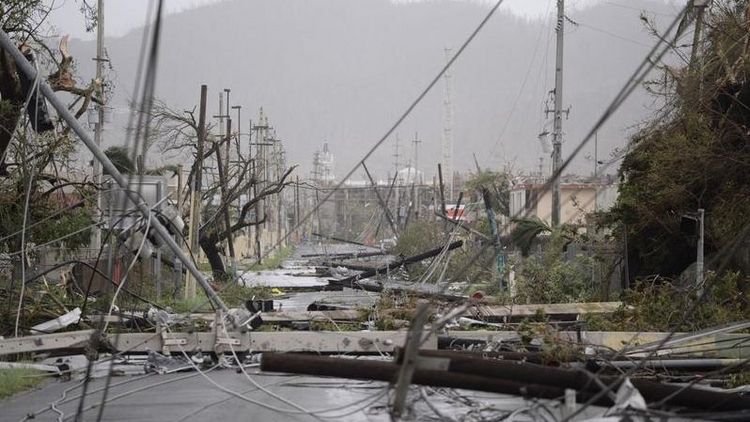Each year, the University of Oldenburg’s Forschen and Research-Based Learning Grant Program provides grants for student projects researching a particular topic, selecting from current issues or advancements to determine the year’s theme. For 2023, the topic is “Crisis-proof?!” with winning proposals from seven different student teams across various study programs. The specific contents of the research projects should be related to crises from the past, present and future in the broadest sense or how to deal with them. Topics from all disciplines are welcome, such as: What are the characteristics of crises? What are ways out of the climate crisis? How does the current energy crisis affect political relations in Europe? How does good crisis communication work? How do people deal with individual crises? Artist in crisis – Why did van Gogh cut off parts of his ear? The projects are expected to be completed in December 2023, and published on the University’s student journal forsch! in addition to being presented on The Day of Teaching and Learning near the end of November. More information about student research can be found on the university’s research page, https://uol.de/en/forschen-at-studium/foerderung, and this year’s projects at https://uol.de/forschen-at-studium/foerderung under “Übersicht geförderter Projekte 2023.”
Project Overview & Motivation:
When Hurricane Maria struck Puerto Rico in 2017, disconnect between the Federal Emergency Management Agency (FEMA) relief team and local responders led to the disorganization of resources and loss of communication in the period following the hurricane. This proposal aims to explore “how micro-grid emergency infrastructure can relieve energy demand in disaster zones” by identifying renewable alternatives to generator installations. Specifically, this project will evaluate the impact of FEMA relief team’s Energy Power Restoration Efforts (EPRE) procedure following Hurricane Maria in order to identify opportunities where a micro-grid may be utilized. The developed model will evaluate the performance of solar micro-grid systems given the condition and resources available following Hurricane Maria. The results of the model will be compared to that of the current response of the EPRE procedure to identify cases where a micro-grid would support first responders in operating first aid centers, water purification systems, and distribution camps. This study will propose energy systems alternatives available during crisis so that response teams may have a more reliable, and sustainable power source when distributing and tracking resources, perform Critical Risk Assessments, and delivering messages to the affected population and coordinating responders.
Project Methods:
This project will explore the research question “how micro-grid emergency infrastructure can relieve energy demand in disaster zones” by using Puerto Rico’s response to Hurricane Maria as a case study. The project utilizes data resources such as the Federal Emergency Management Agency (FEMA) reports, official statements from the Puerto Rican government, U.S. government, and aiding agencies, in addition to national energy reports to contextualize the needs of Puerto Rico by collecting quantitative data regarding resources and conditions. A Power System Analysis (PyPSA) model will be created to simulate the energy demands of the region after the hurricane. This model will simulate the influence of several micro-grid locations, capacities sizes, and quantity of micro-grids required. Potential micro-grid setups will be analyzed based on the cost and availability of materials needed, the requirements for installation, and timeliness of the system’s integration. From this model, the project will identify modifications to be made to the Energy Power Restoration Efforts procedure by suggesting micro-grid systems which may operate during the crisis response period.


